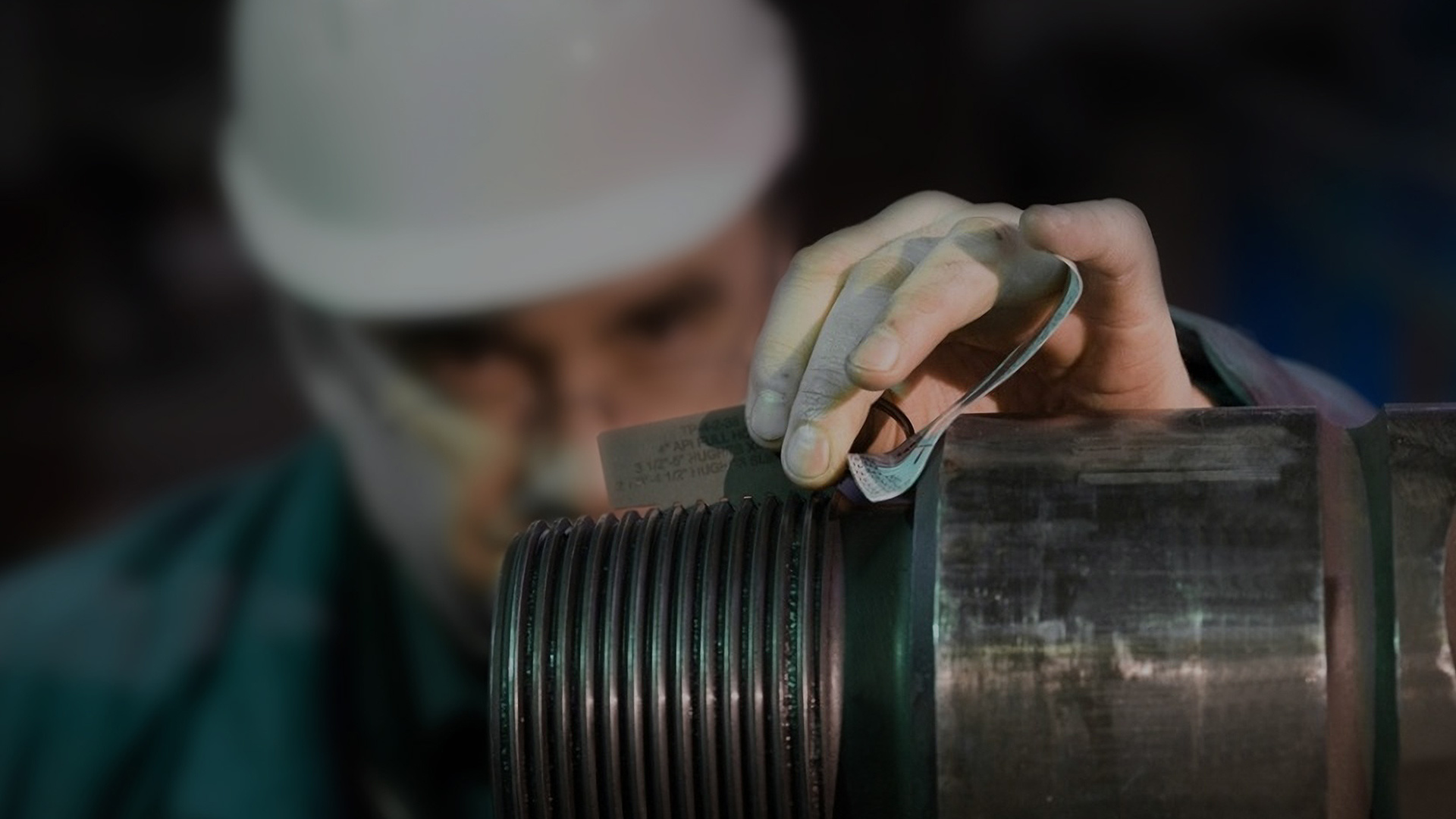Deliver value through cost-effective steel solutions
Exploring the Versatile Applications of Epoxy Lined Carbon Steel Pipe in Modern Architectural Designs
Jun 14,2025
Exploring the Versatile Applications of Epoxy Lined Carbon Steel Pipe in Modern Architectural Designs Table of Contents 1. Introduction to Epoxy Lined Carbon Steel Pipe 2. Benefits of Using Epoxy Lined Carbon Steel Pipe 2.1 Corrosion Resistance 2.2 Durability 2.3 Cost-Effectiveness 3. Key Applications in Modern Building Projects

Exploring the Versatile Applications of Epoxy Lined Carbon Steel Pipe in Modern Architectural Designs
Table of Contents
- 1. Introduction to Epoxy Lined Carbon Steel Pipe
- 2. Benefits of Using Epoxy Lined Carbon Steel Pipe
- 3. Key Applications in Modern Building Projects
- 4. Installation Best Practices for Epoxy Lined Carbon Steel Pipe
- 5. Maintenance and Longevity
- 6. Environmental Considerations
- 7. Future Trends in the Use of Epoxy Lined Carbon Steel Pipe
- 8. Frequently Asked Questions
- 9. Conclusion
1. Introduction to Epoxy Lined Carbon Steel Pipe
In the evolving landscape of construction materials, **epoxy lined carbon steel pipes** have emerged as a reliable choice for various applications in modern buildings. These pipes combine the strength of traditional carbon steel with the protective properties of epoxy lining, offering enhanced performance characteristics that address many challenges faced in architectural design.
The term "epoxy lined" refers to the interior coating of the pipe, which is crucial for preventing corrosion and ensuring the integrity of the material. As society increasingly prioritizes sustainability and efficiency in construction, understanding the role of such materials is vital for architects, engineers, and builders.
2. Benefits of Using Epoxy Lined Carbon Steel Pipe
Choosing **epoxy lined carbon steel pipe** over traditional piping solutions can offer several significant advantages.
2.1 Corrosion Resistance
Corrosion is one of the primary concerns in construction, particularly in environments prone to moisture and chemical exposure. The **epoxy lining** acts as a barrier, protecting the carbon steel from rust and degradation. This protective layer is especially beneficial in plumbing and industrial applications, where pipes are frequently exposed to water and corrosive substances.
2.2 Durability
The combination of carbon steel's inherent strength and the added layer of epoxy makes these pipes remarkably durable. They withstand high pressure and temperature variations, making them an excellent choice for various applications, including HVAC systems, fire protection, and plumbing. Their robustness ensures a longer lifespan, reducing the need for frequent replacements.
2.3 Cost-Effectiveness
While initial investment in **epoxy lined carbon steel pipes** may be higher than alternatives, their long-term cost-effectiveness is undeniable. The reduced frequency of replacements and lower maintenance costs contribute to significant savings over the pipe’s lifecycle. Additionally, their energy efficiency in various applications can lead to lower operational costs.
3. Key Applications in Modern Building Projects
Epoxy lined carbon steel pipes find utility across various sectors in modern construction. Here are some of the most prevalent applications.
3.1 Plumbing Systems
In residential and commercial buildings, the plumbing system is a critical component. Epoxy lined pipes are ideal for transporting potable water, as they do not leach harmful substances into the water supply. Their resistance to corrosion ensures that the pipes remain functional and safe for years, even in high-demand situations.
3.2 Fire Protection Systems
Fire protection systems rely on efficient and reliable piping to deliver water to suppress fires. **Epoxy lined carbon steel pipes** are favored for these systems due to their strength and ability to withstand high pressure. Furthermore, the epoxy lining protects against corrosion, ensuring reliability during emergencies.
3.3 HVAC Systems
Heating, ventilation, and air conditioning (HVAC) systems often require robust piping to manage airflow and temperature control. The durability and corrosion resistance of **epoxy lined carbon steel pipes** make them ideal for use in HVAC applications. They help maintain energy efficiency while ensuring seamless operation, thus enhancing indoor comfort.
3.4 Industrial Applications
Beyond residential and commercial buildings, epoxy lined carbon steel pipes are extensively used in industrial environments, where they transport various fluids, including chemicals and fuels. Their ability to resist corrosion and handle extreme conditions makes them suitable for manufacturing, oil and gas, and chemical processing industries.
4. Installation Best Practices for Epoxy Lined Carbon Steel Pipe
Proper installation is crucial to maximizing the benefits of **epoxy lined carbon steel pipes**. Here are some best practices to follow:
1. **Surface Preparation:** Ensure that all surfaces are clean and free from contaminants before installation to avoid issues with adhesion.
2. **Joining Methods:** Use appropriate welding techniques and fittings that are compatible with epoxy lined pipes. Avoid methods that could compromise the lining.
3. **Stress Management:** Use supports and hangers to minimize stress on the pipes, especially in long runs.
4. **Temperature Control:** Be mindful of temperature fluctuations during installation. Extreme temperatures can affect the integrity of the epoxy lining.
5. Maintenance and Longevity
Maintaining **epoxy lined carbon steel pipes** is relatively straightforward, given their resistance to corrosion and wear. Regular inspections should focus on identifying any physical damage or signs of wear.
1. **Regular Inspections:** Periodically check joints and fittings for leaks or corrosion signs.
2. **Cleaning:** While the epoxy lining is resistant to buildup, occasional cleaning may be necessary, especially in industrial applications where contaminants may be present.
3. **Prompt Repairs:** Address any issues immediately to prevent more significant problems down the line.
6. Environmental Considerations
Using **epoxy lined carbon steel pipes** can have positive environmental implications. The longevity and durability of these pipes mean reduced waste from replacements. Additionally, by transporting fluids efficiently, they contribute to lower energy consumption in various systems.
Moreover, their resistance to corrosion decreases the likelihood of leaks, which could lead to environmental contamination. This aligns with modern construction practices that prioritize sustainability and environmental responsibility.
7. Future Trends in the Use of Epoxy Lined Carbon Steel Pipe
As the construction industry evolves, the demand for innovative materials like **epoxy lined carbon steel pipes** is expected to grow. Future trends may include:
1. **Smart Pipes:** Incorporating sensors for real-time monitoring of pipe conditions, enhancing preventive maintenance.
2. **Advanced Coatings:** Research into new epoxy formulations that improve performance and environmental sustainability.
3. **Increased Customization:** Tailoring pipe specifications to meet specific project requirements, enhancing their versatility in various applications.
8. Frequently Asked Questions
What makes epoxy lined carbon steel pipe different from traditional steel pipe?
**Epoxy lined carbon steel pipe** features an internal layer of epoxy that provides enhanced corrosion resistance and durability, making it suitable for various applications where traditional steel might fail.
How long can epoxy lined carbon steel pipes last?
With proper installation and maintenance, these pipes can last **50 years or more**, making them a cost-effective choice for long-term projects.
Are there any limitations to using epoxy lined carbon steel pipes?
While they are highly durable, extreme physical damage can compromise the epoxy lining. Care must be taken during installation and use.
Can epoxy lined carbon steel pipe be used for hot water systems?
Yes, these pipes are suitable for hot water applications, given their ability to withstand high temperatures without degrading.
What is the installation process for epoxy lined carbon steel pipes?
Installation involves careful surface preparation, proper joining techniques, and managing stress on the pipes to ensure longevity and performance.
9. Conclusion
In conclusion, **epoxy lined carbon steel pipes** represent a critical advancement in building materials, offering unique benefits that cater to the demands of modern architecture and engineering. Their corrosion resistance, durability, and cost-effectiveness make them a preferred choice for a variety of applications, from plumbing and HVAC to industrial uses. As the industry moves towards more sustainable practices, these pipes are likely to play an essential role in future construction projects. By embracing the innovative features of epoxy lined carbon steel pipes, architects and builders can ensure that their designs are not only functional but also resilient and environmentally friendly.
Releated News
Contact Info.
E-mail:
info@zthtsteel.com
Phone:
+86-18500313801
Whatsapp:
8618526720427
Fax:
+862268569909
Mailing Address:
Room 903, Block B, Haitai Xinxi Square, Hua Yuan Industrial Area,Tianjin,China. Zip code: 300384







